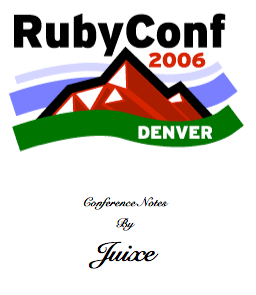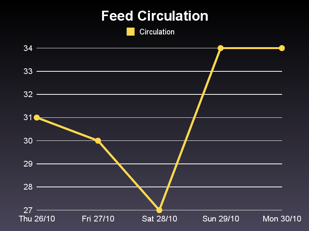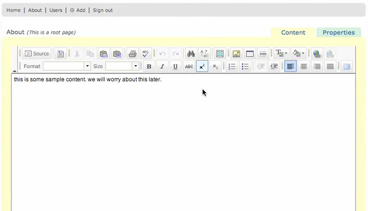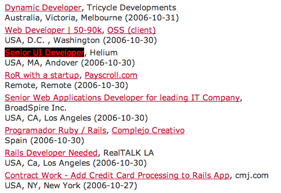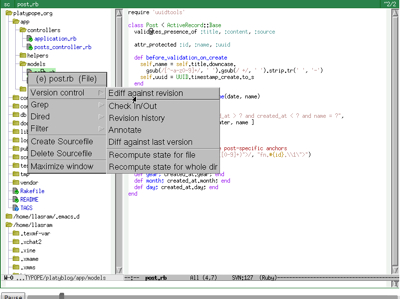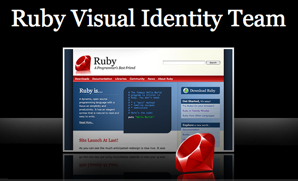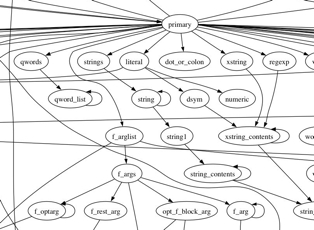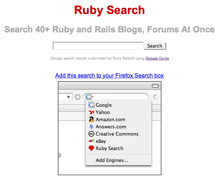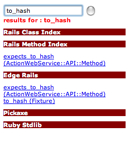I’ve had this link sitting in my brew pile for some time and wanted to see if I could get it to work with the latest version of Ruby and Rails, but since I’ve been too busy so far, I wanted to post it anyway in case a reader would find it useful.
Erik Veenstra has demonstrated how to use his Tar2RubyScript and RubyScript2Exe tools to take a Rails application and a SQLite database and package it up into a single re-distributable executable file. This allows you to distribute your Rails app in a single file to users who don’t have Ruby or Rails installed. Read More







